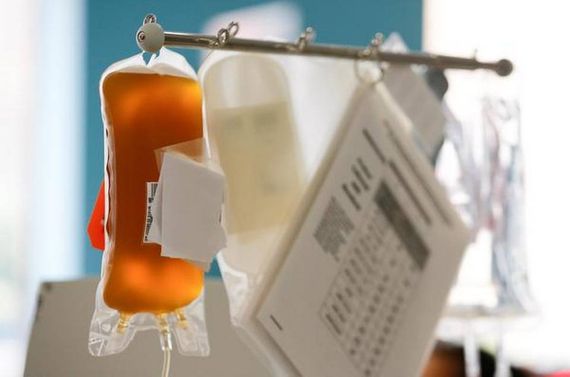Coronavirus | Will convalescent plasma help COVID-19 patients?

As the months progress, the world seems still maddeningly short of definitive treatment or vaccine options against COVID-19. However, as the number of people with active COVID-19 infections has increased globally, scientists are “close” to deciding on some promising drug and vaccine candidates and clinical trials are on at multiple centres to test the safety and efficacy of these options. Among the many scientific terms that seem to have entered common parlance with COVID-19 is convalescent plasma. While we may be, in an optimistic scenario, a few weeks or months away from drugs or vaccines, clearly some front-runners have emerged, including remdesivir (originally designed to target the Ebola virus) and convalescent plasma. Convalescent plasma is a time-tested strategy that has worked successfully with several other diseases, and doctors struggling to bring relief to COVID-19 patients have turned towards it — it is blood derived from patients who have recovered from COVID-19 — on the assumption that their body contains antibodies it used to fight the virus.
What is convalescent plasma? How does it work?
As Dr. Michael Joyner, professor, Mayo Clinic, explains on the institution’s website: People who have recovered from COVID-19 have antibodies to the disease in their blood. Doctors call this convalescent plasma. Researchers hope that convalescent plasma can be given to people with severe COVID-19 to boost their ability to fight the virus. The blood — about 800 ml or so — is collected from the donor through the regular withdrawal process, tested for other pathogens, and if safe, the plasma component is extracted and subsequently used for transfusion on to patients. Everyone who has suffered from a disease possibly carries what are called neutralising antibodies that when extracted via plasma and transfused on to others with the infection can help their immune system fight it off. Whether it works or not depends on whether the disease produced a lot of antibodies in people or not, explains Dr. Priya Sampathkumar, infectious diseases consultant and medical director, infection prevention and control, Mayo Clinic, U.S. For some diseases, the body needs more cellular immunity to fight the infection, while for others, the body needs more antibodies. Most diseases, however, require a combination of both these mechanisms, Dr. Sampathkumar points out.












